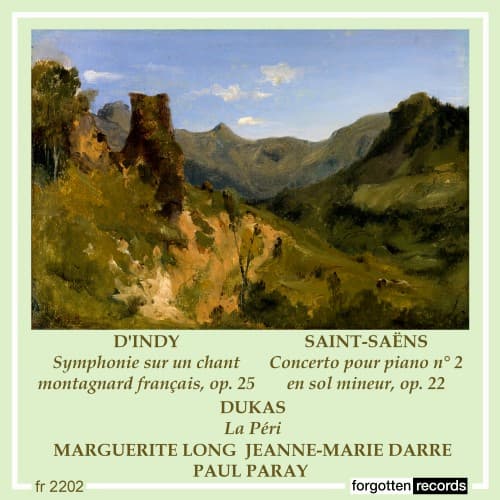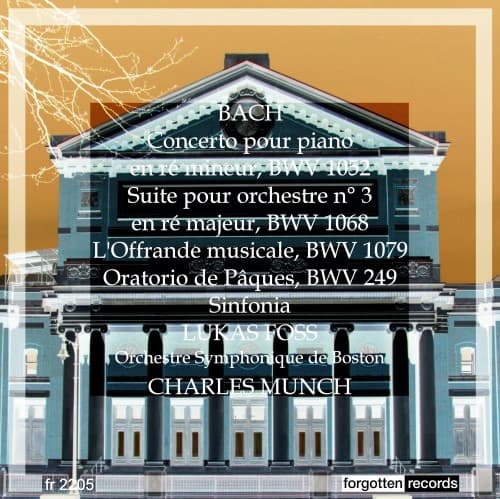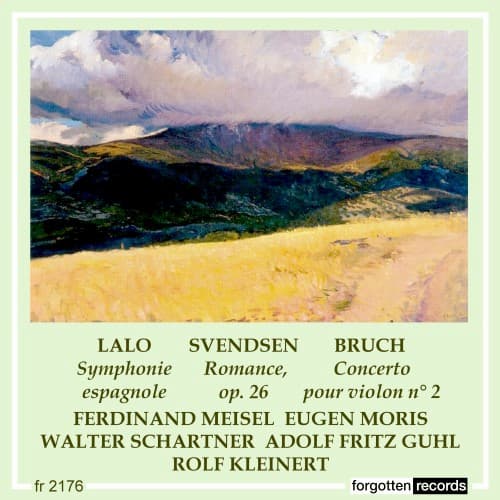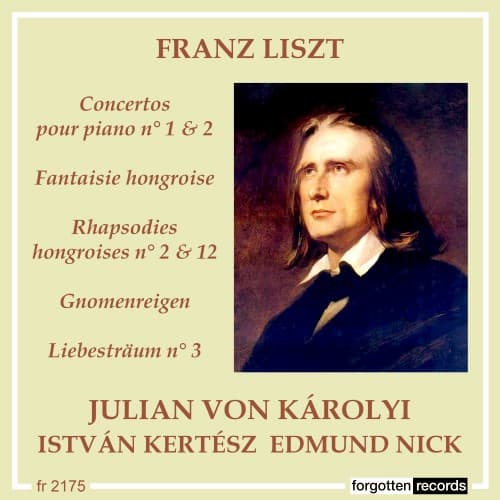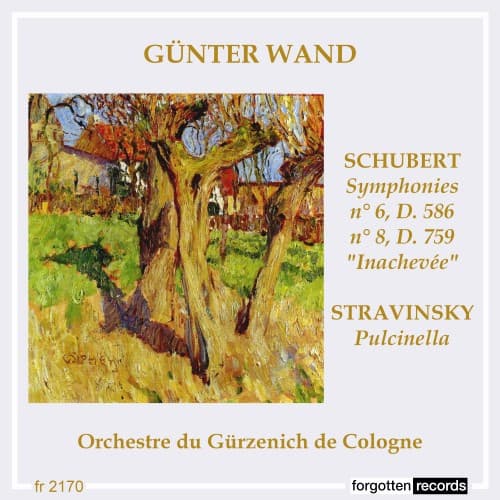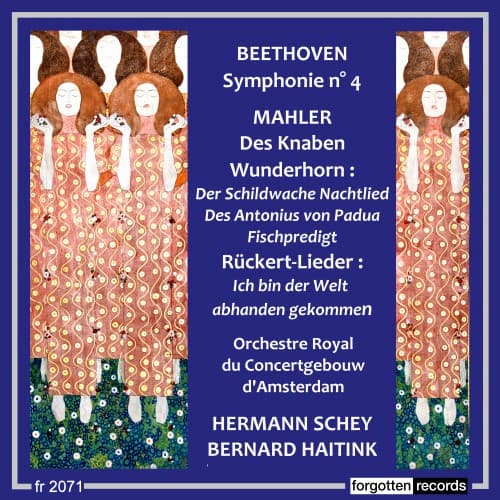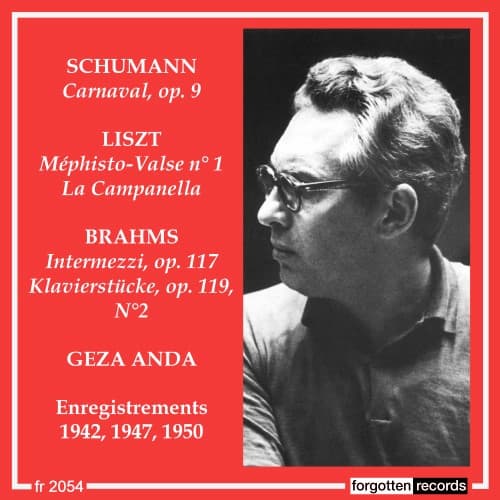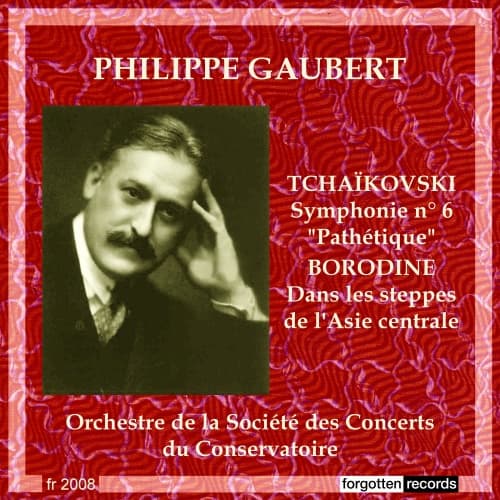Camille Saint-Saëns (1835–1921), in his youth, supported the modern music of his day, including that of Schumann, Liszt, and Wagner, but later took a dislike to the impressionist and expressionist composers’ works, which led many to label him as anti-progressive.
Archives
Bach used the material in his Easter Oratorio several times. Its original appearance was as an oratorio for Easter 1725. It was composed in Leipzig and first performed on 1 April 1725 under the title Kommt, eilet und laufet (Come,
Norwegian-born Johann Svendsen (1840–1911) spent the majority of his life in Norway, teaching in Denmark. His father, a music teacher and bandmaster, taught him violin and clarinet, and other wind instruments, and by age 9 he was playing in local
The Fantasia / Fantasy as a genre in the 19th century (versus the 17th-century English fantasias, which were very different) gave the composer enormous range to use his imagination on whatever he had decided to fantasize about. In Liszt’s case,
Written in 1822 to acknowledge a Diploma of Honour from the Styrian Music Society in Graz, Schubert’s Symphony No. 8 in B minor was kept by its dedicatee, Anselm Hüttenbrenner, who, along with his brother, had been behind the Music
Considered one of the greatest products of ‘Heidelberg Romanticism’, Achim von Arnim and Clemens Brentano’s song anthology Des Knaben Wunderhorn, issued in 3 volumes between 1805 and 1808, was an unfailing resource for German composers. Unlike earlier collections of folk
Hungarian pianist Géza Anda (1921–1976) did his first studies with Ernst von Dohnányi and Zoltán Kodály at the Franz Liszt Academy in Budapest. In 1940, Anda won the Liszt Prize and then made his debut with the Budapest Philharmonic and
Program music, music written to a pre-existing storyline, was at the centre of the battle with absolute music, music written for the sake of music. Nonetheless, program music is something that, for many people, gives them a way to negotiate

